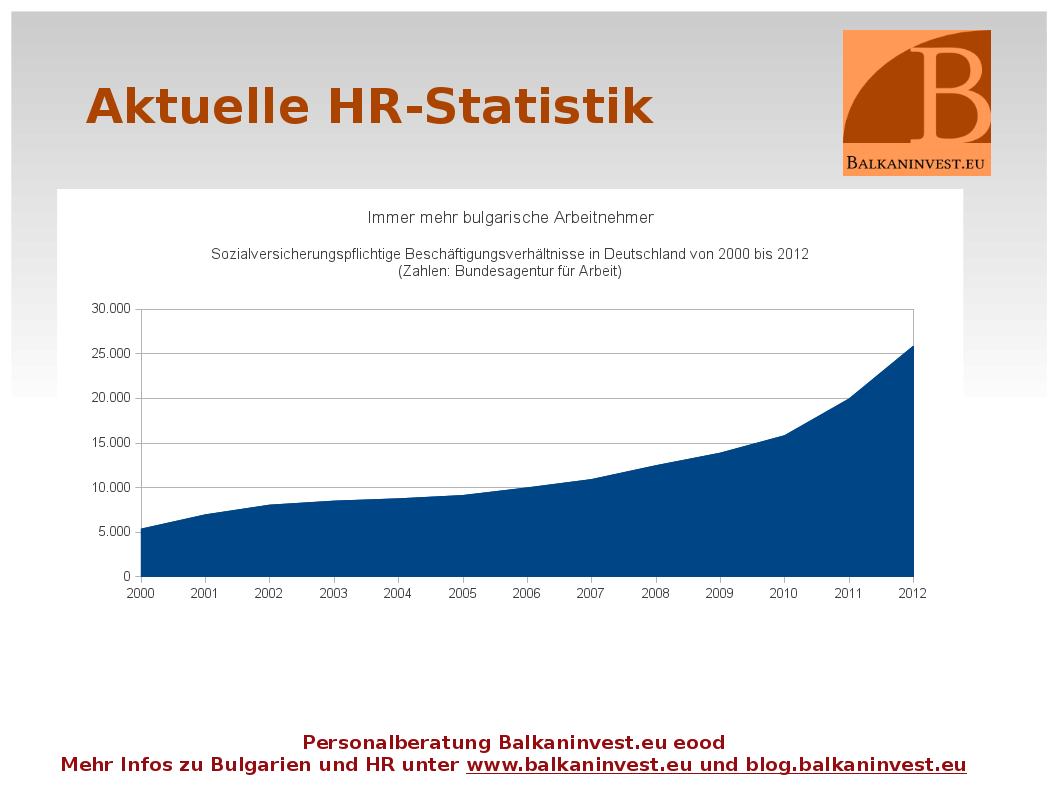
German IT companies barely looking for staff abroad
Over the last two years at least one in five German IT companies has had to refuse a client request owing to lack or shortage of qualified personnel. In spite of this, few companies have considered the opportunity for looking for qualified IT staff abroad: a total of 85% of the IT firms that participated in a survey of the situation of the job market conducted by Monster.de and CeBIT said that they have neither hired staff from abroad, nor have ever considered it as an option. Some 200 German IT-companies took part in the study presented by the Personalwirtschaft journal in a recent publication which outlines its main findings.
The article refers to the study’s conclusions that companies are calling for simplification of the processes for recognition of foreign university degrees. Another issue that firms have unanimously pointed out is easing the conditions for entering and staying in Germany.
Germany’s IT industry could be left out of the global ‘War for Talents’
The situation with German IT companies active in the field of employer branding is slightly different. According to the survey, some 64% of these companies are willing to attract more applicants (and to set incentives for their core workforce to stay with the company) through increasing salaries. Some 69% of the firms have stated readiness to boost the employment appeal of their jobs in order to attract new personnel.
Flexible recruitment called for
Long-term success could be guaranteed only through combining several employment channels. In addition to increasing their attractiveness as an employer or in developing an employer brand, in 2013 the firms in the German IT sector should start actively searching for and contracting expatriate staff. This would not only lead to filling in vacancies, but also to stabilizing labor costs, since the wage expectations of foreign applicants are usually lower than those of their German counterparts.

